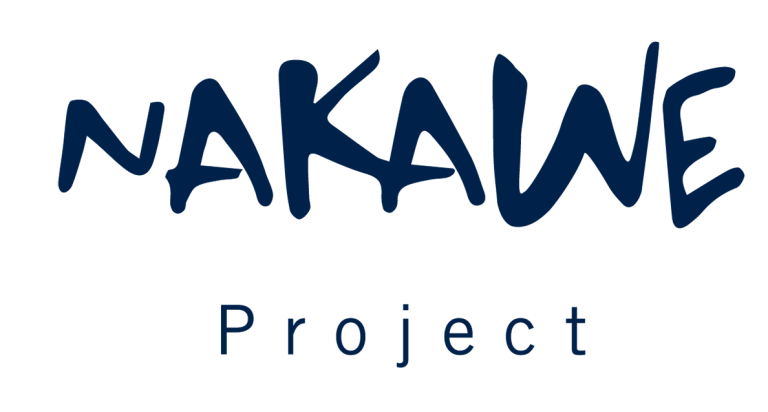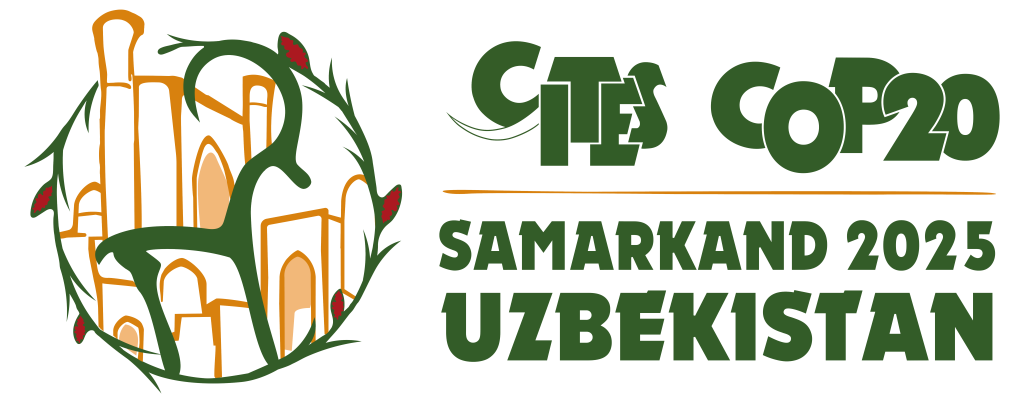Mataro, Barcelona
The Nakawe Project based in Barcelona, Spain, has been in existence since 2015. It describes itself as a small group of professionals from different sectors committed to the environment and humanity, who share a passion for the ocean. But the majority of its work is focused almost exclusively on just one species, sharks, as part of its Game Over Fishing campaign.
According to Nakawe’s website, Game Over Fishing aims to stop ‘the unsustainable, unmanaged harvesting of shark species all over the world’. One of its core aims is to persuade the public to reduce shark meat consumption. Furthermore it campaigns to impose shark fishing bans on, what it calls, ‘highly vulnerable species’, as well as to place minimum size catch limits on sharks meant for consumption. For less threatened sharks, it wants to reduce bycatch (accidentally caught sharks) and to protect their habitats.
Arguably, the most impactful aspect of Nakawe’s work involves romanticizing sharks and their habitats. To this end they invest a considerable proportion of their financial and manpower resources in producing emotive films. These films showcase Nakawe’s activists swimming with sharks and, sometimes, unashamedly harassing local fisherfolk in exotic far-off places such as Cocos Island off the coast of Costa Rica. Nakawe’s films have been a major hit with the world’s media which welcomed the campaigning content while making no attempt to portray both sides of the story or to warn the public that Nakawe is a biased filmmaker.
At CITES’ CoP-18, Nakawe issued a press release that celebrated the controversial inclusion of more than 20 million mako sharks in appendix II. Its press release stated that the ‘fight to protect mako is absolutely NOT over’. Makos still need more protections, they said, and ‘we need to make sure that people stop consuming mako shark meat and stop collecting them as souvenirs’.
Leaders
Regina Domingo is the Campaign Leader. She resides in Baja California Sur, Mexico and some people refer to her as the ‘Queen of sharks’.
Governance
Not disclosed.
Finances
Not disclosed.



